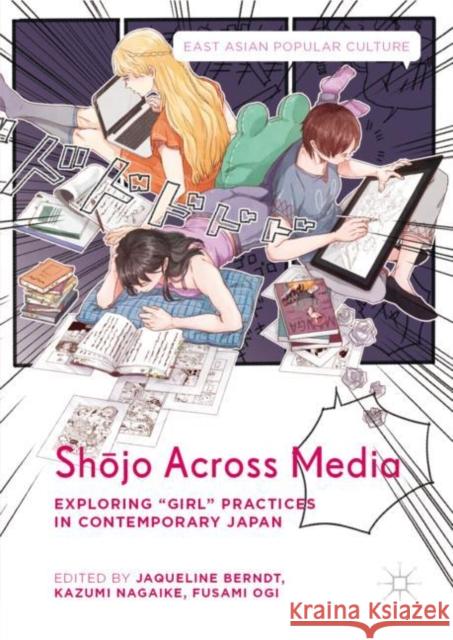Shōjo Across Media: Exploring Girl Practices in Contemporary Japan » książka
topmenu
Shōjo Across Media: Exploring Girl Practices in Contemporary Japan
ISBN-13: 9783030014841 / Angielski / Twarda / 2019 / 397 str.
Kategorie:
Kategorie BISAC:
Wydawca:
Palgrave MacMillan
Seria wydawnicza:
Język:
Angielski
ISBN-13:
9783030014841
Rok wydania:
2019
Wydanie:
2019
Ilość stron:
397
Waga:
0.82 kg
Wymiary:
21.01 x 14.81 x 3.33
Oprawa:
Twarda
Wolumenów:
01
Dodatkowe informacje:
Wydanie ilustrowane











